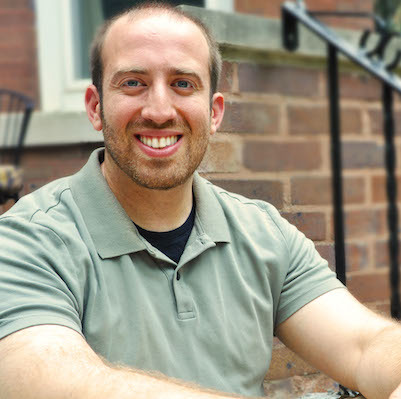Q&A With Writer Philip Siegel
“I don’t wait for inspiration when drafting. Because of my day job, I have limited time to write every day, so I can’t waste it."
1. What are your top five reads?
The Bonfire of the Vanities by Tom Wolfe, The Duff by Kody Keplinger, The Tipping Point by Malcolm Gladwell, Gone Girl by Gillian Flynn, and The Millionaire Next Door by Thomas J Stanley and William D Danko.
2. What have you learned from your current project?
That no matter how much I prepare and outline, my first draft will always be a mess. That doesn’t mean the book will suck. It won’t start to look like a book until the second draft. To quote Clueless, I now consider my first draft a jumping off point to start negotiations.
3. What do you listen to when you write?
Usually nothing. Sometimes a jazz or classical station on iTunes radio. I listen to music to get inspired, but I can’t listen to music with words while I write. It’s too distracting.
4. What’s your writing process or routine like?
When I get an idea, I spend time freewriting in a notebook, letting my mind ruminate on the plot and characters. I write pages and pages of rambling nonsense, but it helps make sense of the story in my mind. Once I have a decent grasp of the story, I plot it out using notecards, rearranging them on my dining table until I have a solid story. Then I turn those notecards into an outline and rework the outline until it’s in a good place. And then finally, I begin writing the first draft.
5. Where do you look for inspiration when you’re having trouble getting started with your writing?
When I’m trying to brainstorm an idea, I look at movies or TV shows and think how they could be translated to YA. What’s Scandal for teens? What’s Silence of the Lambs for teens? Or, in total Hollywood fashion, I’ll do a this-meets-that brainstorm exercise. What’s While You Were Sleeping meets Reality Bites? What’s 27 Dresses meets Goodfellas? It helps open up my mind.
I don’t wait for inspiration when drafting. Because of my day job, I have limited time to write every day, so I can’t waste it. When I get the jitters, it’s usually because I’m afraid what I’m going to write will be crap. Thus, I tell myself that it will be crap, but just write it anyway. The words can be revised later. I’m much more efficient when I set super low expectations for myself.
About Philip Siegel
Philip Siegel, author of The Break-Up Artist, grew up in New Jersey, which he insists is much nicer than certain TV shows would have you believe. He graduated from Northwestern University and promptly moved out to Los Angeles, where he became an NBC Page. He likes to think that the character of Kenneth on 30 Rock is loosely based on his life rights. Currently, he lives in Chicago and does his best writing sandwiched in between colorful characters on the El.

